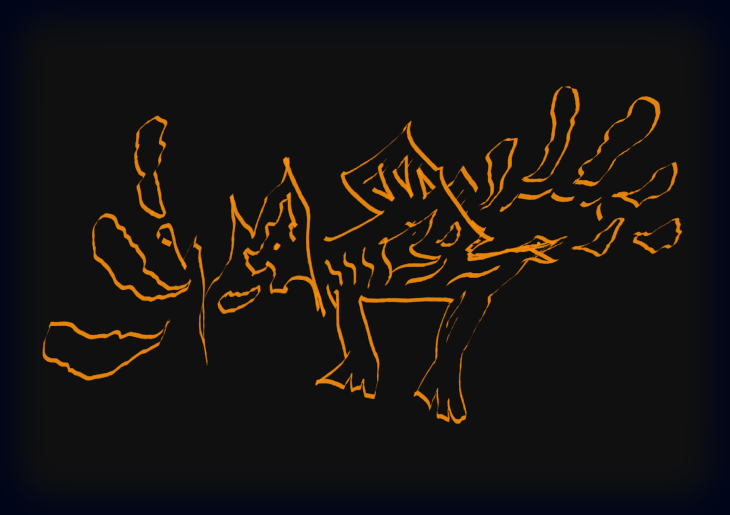There is no space between me and G‑d. Literally none. I do not say this haughtily or arrogantly. In fact, acknowledging this produces unease as well as awe. There is no space between G-d and you either: I, you, we all are being breathed right now. You think you are breathing yourself, independently, deliberately? Lucky that you were also breathing while you didn’t think about it. Where is the air from? Who built your alveoles? Who enabled the chemistry to transfer oxygen from air to hemoglobin? You think you regulate your heartbeat? Which nerve strand signals your heart go faster when you think about your favorite person? How do the intercellular neurotransmitters know when to be where exactly?
he degree to which we are not in control of our own bodies, let alone our surroundings: the weather, the natural so-called “constants”, our fellow humans’ behaviors and other perceived whims of life, would be astonishingly frightening if we did not have, a priory, an ingrained sense that it all is a test staged within a play – about life and death. Deeply within us, we recognize and trust G‑d’s guiding hand – יד מכוונת – «yad mechavenet». Even if we attribute it to our own ingenuity, to the safety systems we built around us, giving us a sense of security and trust in our own devices – sooner or later we realize how flimsy and laughable these systems are.
For better or worse, we are all in the hand of our Maker – הכל בידי שמים – ha’kol be’yidei shamaiym; all perception of separation is a delusion – though tolerated, sometimes maybe even necessary. We are not vessels that were once formed and then burned and then sold on the market, and are now bumping into one another, chipping and grinding – rather, we are still clay in our Maker’s hands, being shapen as we think – yes even as these lines are written and read.
The tragic hero role has its allure – determining your own fate, indulging in that comfortable, exciting, perilous sense of “self” ýou perceive. Sometimes all i want is to do my thing and take care of nothing and no-one. This attitude is the very essence of egoism. Only by the convincement of this deception can we pretend to live out our so-called “free will”.
The concept of an intermediary, especially a kind of human-divine hybrid vicarious mediator breaks everything. The direct connection is gone: I can relate only through him to my creator. Also gone is the illusion of separation: without the mythical being’s conjured-up presence, i am lost and disconnected already. My separation depends on the degree to which i reject my savior. Connection and free will become equally impossible. How damaging this belief system is, is extremely hard to convey to most Christians.
A sense of security is gained by believing in, and professing as required, the atonement that has already been achieved through the human sacrifice. The sense of my relevance here and now is much diminished, the direct link between the potter and the clay denied – which of course is a further delusion. It takes courage and humility to remain malleable though. The mindset that the work is already done: redemption already achieved, and i am merely “working it out” or becoming, at best, a dim reflection of my savior and hero – this mindset narrows, invalidates the relevance of the journey of my Creator with me, here and now.

